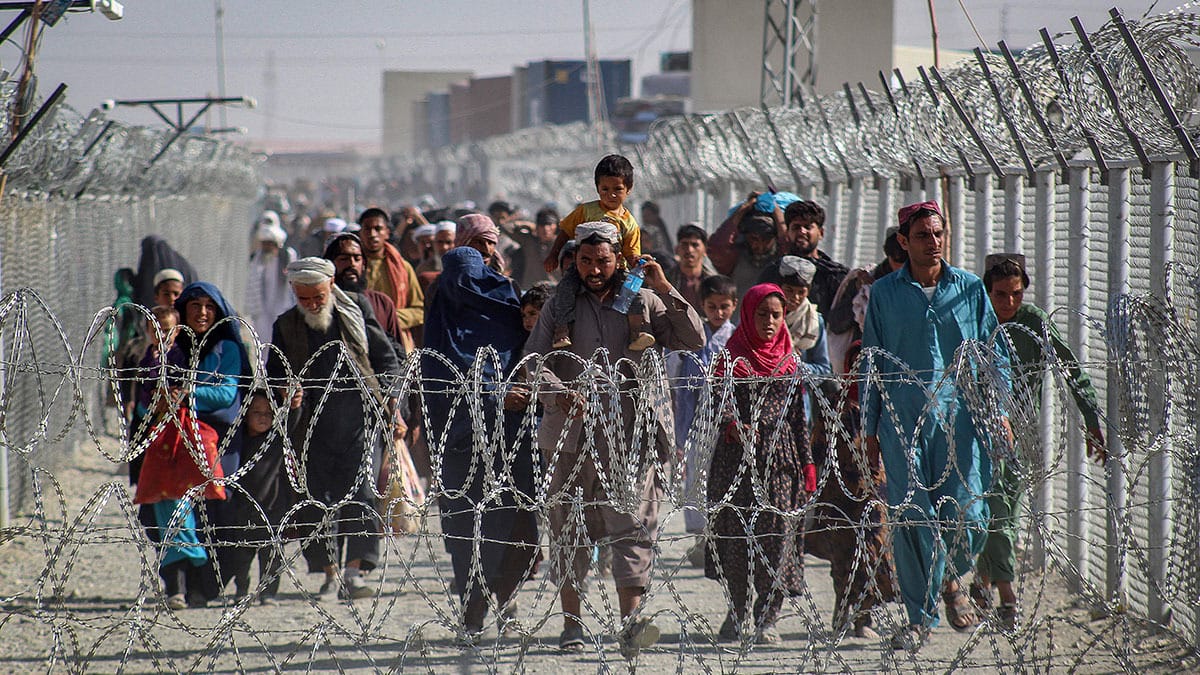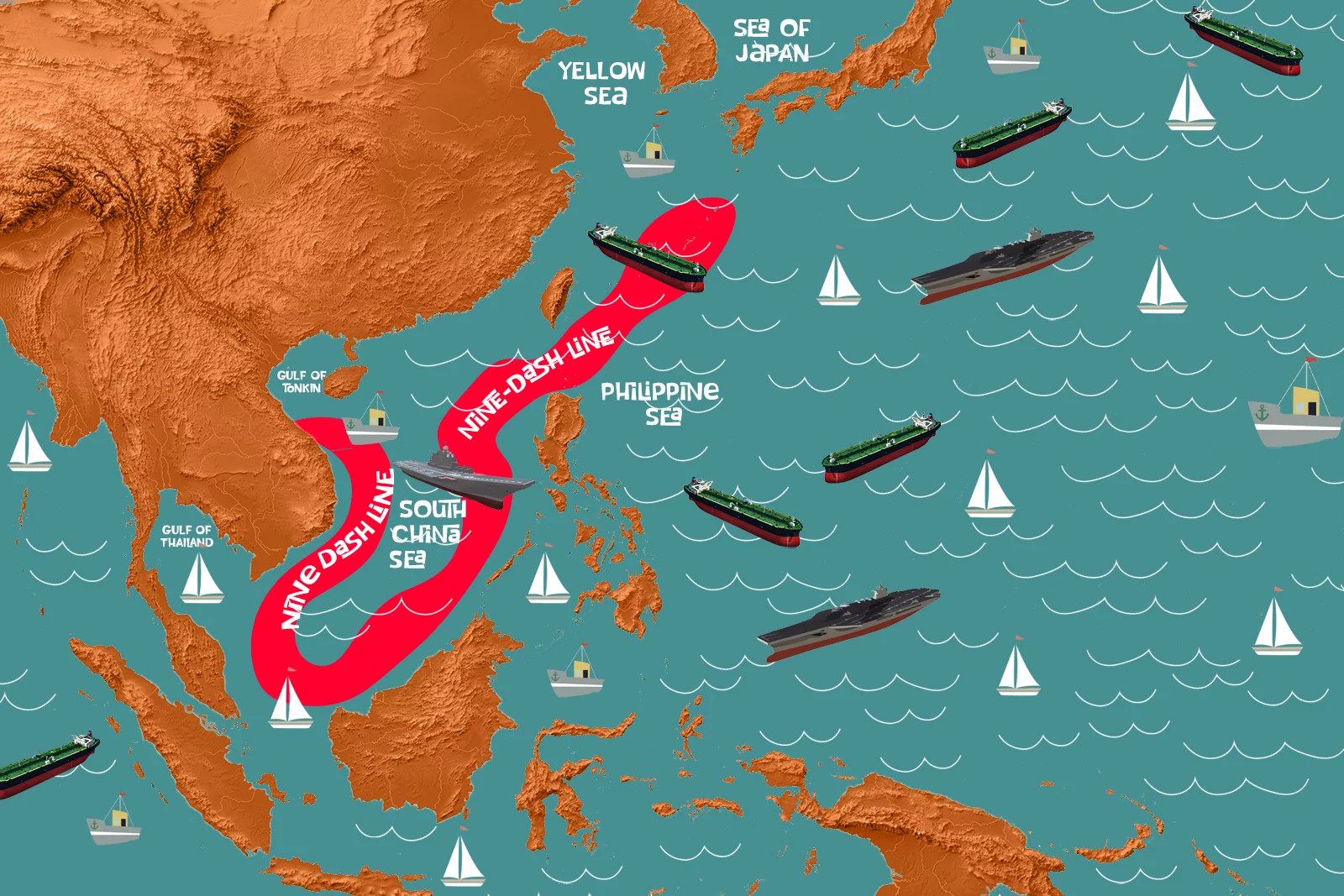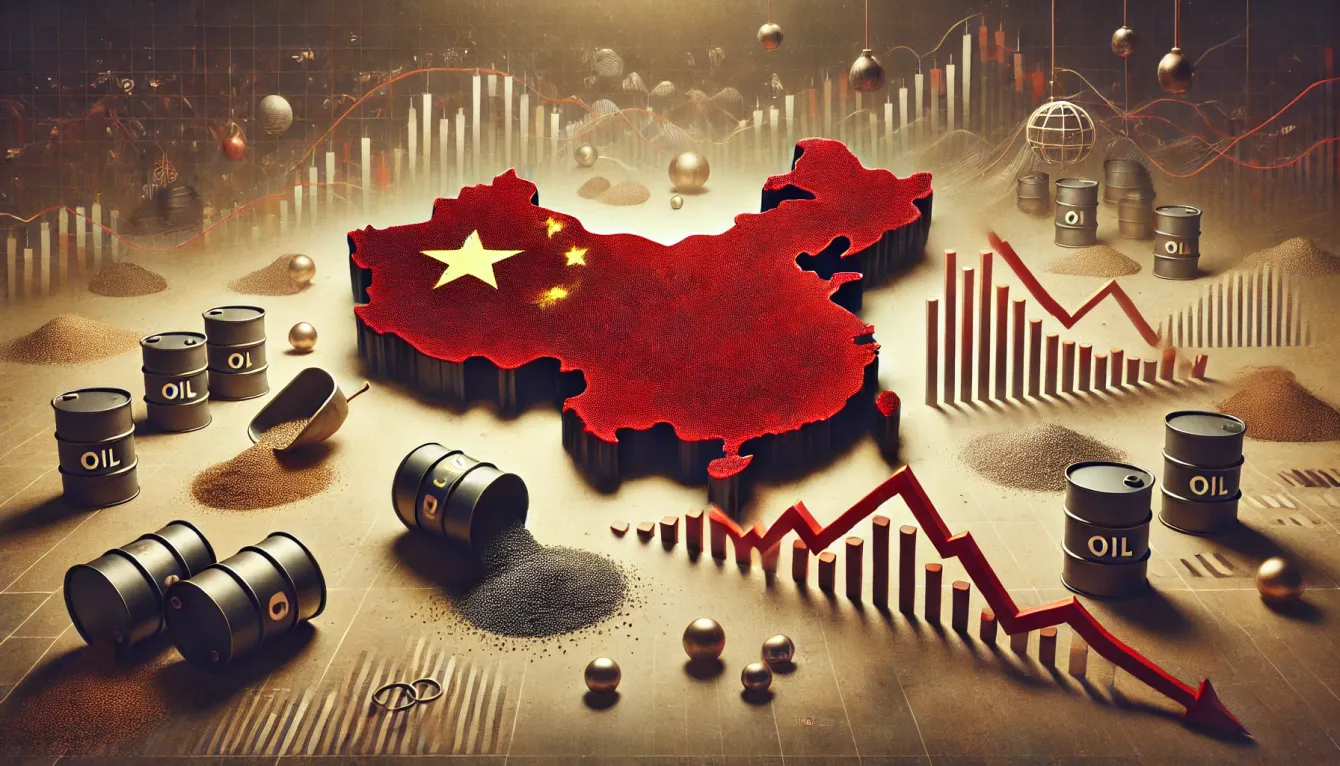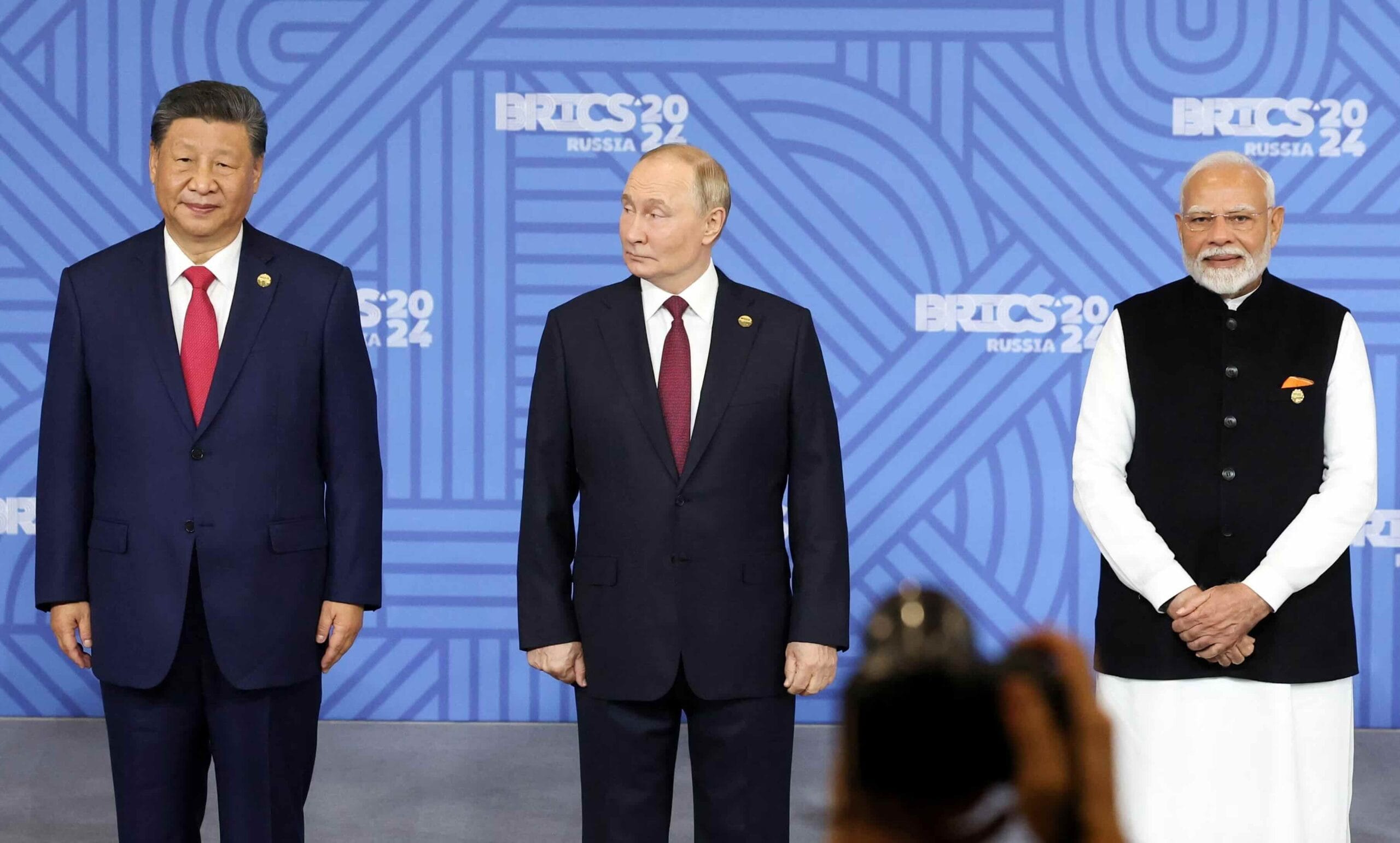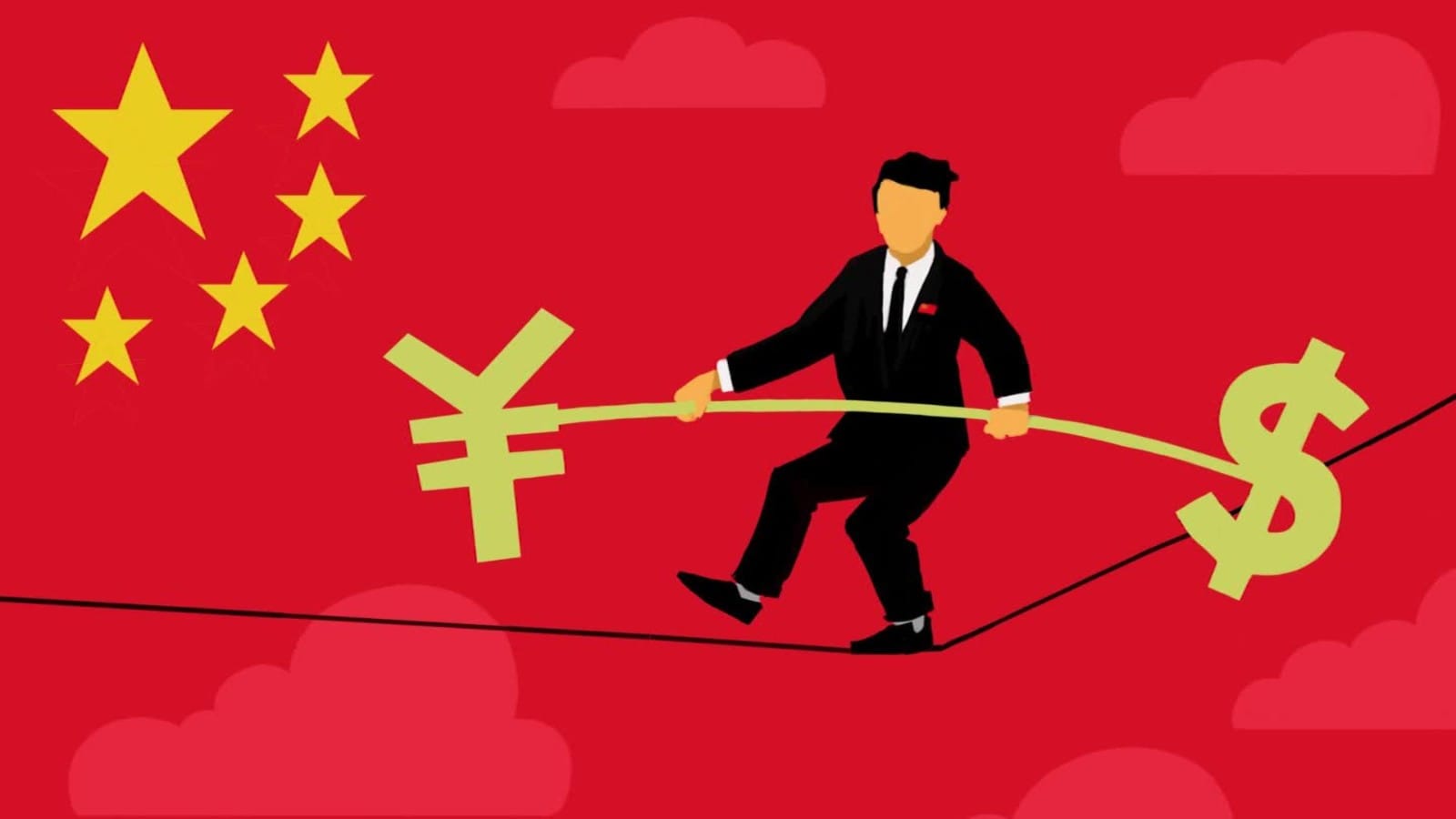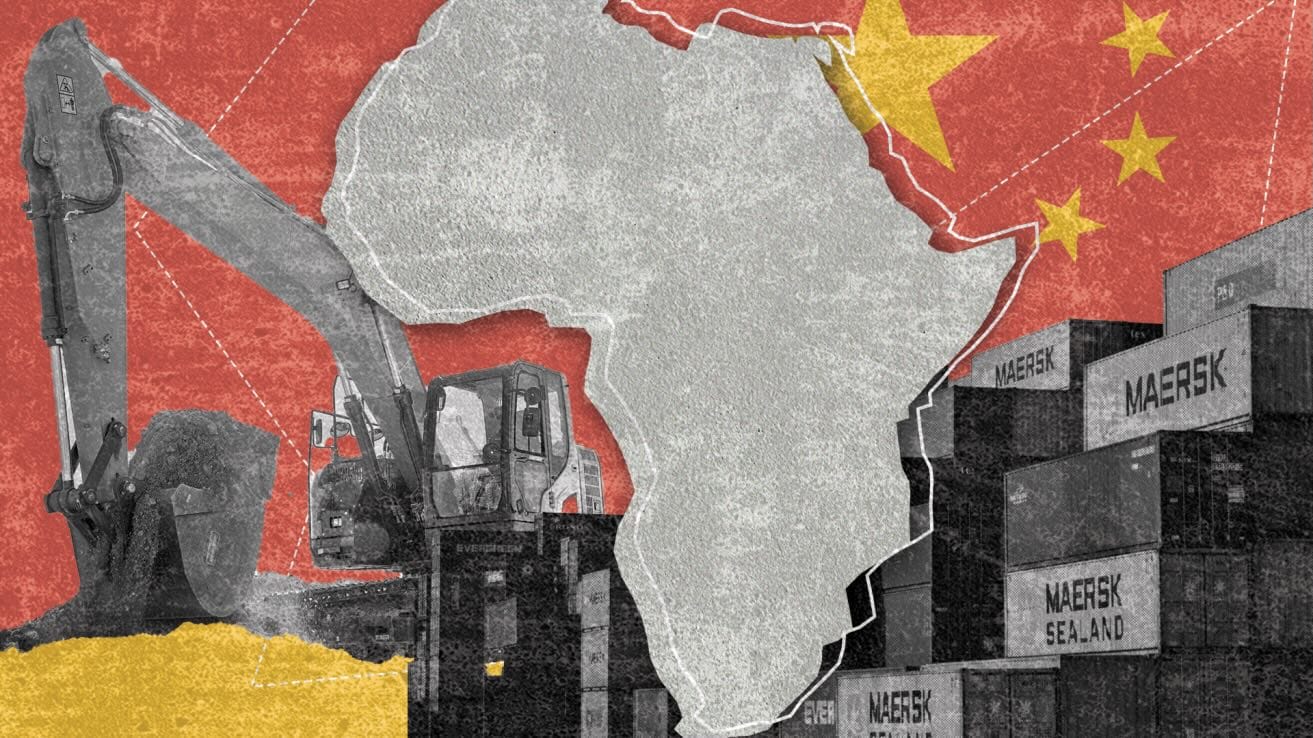Balochistan, Pakistan’s largest yet most underdeveloped province, has been a hotspot for insurgency, terrorism, and geopolitical contestation. The recent terror attack in Balochistan, which targeted security forces, infrastructure, and civilians, has once again underscored the province’s precarious security situation. Beyond its domestic impact, the attack carries significant regional and international implications, particularly for Pakistan’s relations with India, China, Iran, and Western powers. This article provides an in-depth analysis of the attack’s origins, the regional and global responses, and the effectiveness of counterterrorism efforts.
Category: Asia-Pacific
Afghan Refugee Crisis: Assessing Pakistan’s Shifting Policies
Least-developed countries host the largest number of refugees, according to UNHCR. In Asia and the Pacific, 90% of all refugees are concentrated in three nations: Iran (3.4 million), Pakistan (1.7 million), and Bangladesh (952,400), with Iran and Pakistan sheltering one of the largest Afghan refugee populations. Once a safe haven for Afghans fleeing persecution, Pakistan’s stance has now drastically shifted. The Pakistan Interior Ministry has advised all Afghan nationals to leave by March 31, 2025, with Afghan Citizen Card (ACC) holders required to depart voluntarily before the deadline or face deportation from April 1, 2025. This directive falls under Pakistan’s Illegal Foreigners Repatriation Program (IFRP), in effect since November 1, 2023.
China’s Energy Ambitions and the Nine-Dash Line in the South China Sea
The geopolitical conflict in the South China Sea (SCS) crops up around China’s territorial claims delineated by the nine-dash line. This contested region, rich in natural resources and critical to global trade, is a focal point of international tension. The SCS discord and the Chinese ambitions are not recent; they stem from historical precedents and contemporary strategic objectives. The origins of the nine-dash line trace back to the Kuomintang government of pre-independent China, which issued an eleven-dash map in 1947, claiming nearly 2 million square kilometres of maritime territories in the SCS.
A Snapshot of China’s Economy in 2024
On January 17, 2025, the National Bureau of Statistics (NBS) of China released the GDP figures for the year 2024. The statistics show that China achieved its 2024 GDP target of 5 per cent in December 2023 at the CEWC meeting. The economy peaked in 2007 with a 14.2 per cent growth rate but stagnated after President Xi Jinping implemented the ‘Three Red Lines’ policy to improve the real estate sector. Stimulus measures and impressive Q4 growth from exports and manufacturing ended the year positively. The GDP totalled RMB 134.91 trillion (US$18.80 trillion) with a 5% year-on-year growth rate in constant prices, meeting the government’s objective.
BRICS: India’s Position in the Emerging Global South Alliances
The BRICS (Brazil, Russia, India, China, and South Africa) grouping has been the forerunner of global economic and political developments for over a decade. The BRICS countries account for over 40% of the world’s population and over 25% of global GDP. They are also among the fastest-growing economies in the world. India is an important player in the BRICS grouping. It is the second most populous country in the world and the sixth largest economy. India has also been growing swiftly in recent years, with GDP growth comprising over 7% per year over the past decade.
Indo-China Border: A Perspective on Six-Point Consensus
The 23rd round of discussions between India and China’s special representatives on the boundary issue marks an important milestone in their bilateral relationship, particularly after a prolonged gap of five years. The agreement reached in Beijing, comprising six key points, reflects both progress and the complexities that existed in the India-China border dispute. While this consensus signals both parties desire for stabilising relations, it also highlights the deep seated security challenges that continue to shape the interactions.
Why Nuclear Weapons Remain the Privilege of the Few?
While a lot of countries associate the possession of nuclear weapons as a huge plus to their geopolitical power, there are still some that fear the consequences and stay within the protected boundaries of conservatism while going international. No matter how awed we can be when seeing nuclear missile tests or new launches happen, we still have a long way to go to see what constitutes hegemony very easily here and how only 9 countries in the world have gone nuclear so far. The problem with this distinction is, it is no longer dependent on resources or military strength, but rather a very calculative set of steps that go beyond what a simple human can imagine.
China’s Economic Policy for 2025
On December 9, 2024, the Political Bureau (Politburo) of the Central Committee (CC) of the Communist Party of China (CPC) convened a meeting to discuss the country’s economic policy priorities for the year 2025 and the broader and deeper challenges facing the Chinese economy. The headline of the readout is “CPC Central Committee Political Bureau Holds Meeting to Analyze and Research 2025 Economic Work, Study and Deploy Party Conduct, Clean Governance and Anti-Corruption Work, CPC General Secretary Xi Jinping Presides Over Meeting.
Decoding the Economy of an Isolationist Country
Being one of the most isolated, secretive, dark and censored countries in the world, North Korea continues to baffle audiences and surpass trends of journalistic opportunity. It has one of the largest militaries in the world, a staggering domestic infrastructure and much speculation as to what goes on inside the closed-to-exhibition country. The citizens aren’t allowed to venture outside and no official economic data has been published since 1965, which is both scary and bold at the same time.
Which Road is the Belt and Road Initiative Leading to?
A huge surprise is that the true scale of the debt – thought to be at hundreds of billions of dollars – is not known. Many of the loans are covered in secrecy. As this fares dangerously for the future of the world entirely, there is still an angle of security to it as the BRI might not be dead, but evolving into an alligator underwater.

